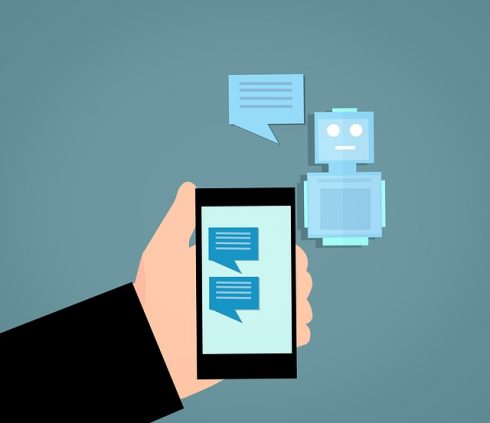
OutSystems added new artificial intelligence and machine learning capabilities to its low-code development platform.
According to the company, the new capabilities will enable organizations to implement automation in creating self-service portals and responding to text and voice queries, adding voice-capable functionality for virtual assistants such as Alexa and Siri as well as chatbots.
RELATED CONTENT: Low-code/no-code development heats up
“These new, high-level components package everything organizations need to implement rich use cases from end to end. As a result, many more companies can easily adopt AI and machine learning to positively impact their business,” said António Alegria, head of artificial intelligence at OutSystems. “The combination of low-code and AI addresses the single biggest challenge holding these companies back—the shortage of skills.”
Google launched a developer website for Fuchsia OS
Google released a website for Fuchsia OS following Google’s May announcement that it is working on the “modular, capability-based OS.”
The website contains extensive documentation to help developers get started with building applications for the new OS. Google has also been trying to make Fuchsia more accessible to developers by working on bringing the system to the Android Emulator, which would make the OS accessible to developers who don’t have Pixelbooks.
While Chrome and Android are built on a Linux kernel, Fuchsia is built on a new Zircon microkernel. The full details of the new OS can be viewed here on the Fuchsia website.
Salesforce joins the Continuous Delivery Foundation
Salesforce is now a premier member of the Continuous Delivery Foundation (CDF). The CDF’s mission to make continuous delivery tools and processes as accessible and reliable as possible.
“Salesforce is an established, global CRM leader, and we’re thrilled they’re working with us to help enterprises adopt CD delivery as quickly and easily as possible,” said Dan Lopez, CDF program manager. “With containers, microservices and Kubernetes on the rise, Salesforce and other CDF members have a key role to play in growing and sustaining the CI/CD ecosystem. With CDF members focused on this, software development teams are free to focus on delivering quick, stable code changes as easily as possible.”
FIDO Alliance announces two new initiatives
The FIDO Alliance has formed two new working groups to strengthen identity verification assurance to support better account recovery and to automate secure device onboarding to remove password use from IoT, according to the alliance.
“As we look at the threat vectors in the marketplace, however, it has become apparent that there’s a gap between the high assurance provided by FIDO Authentication standards and the lower assurance methods used in identity verification for account recovery and IoT authentication,” said Andrew Shikiar, executive director and chief marketing officer of the FIDO Alliance. “This gap can be most effectively addressed through industry collaboration and standardization rather than siloed, proprietary approaches.”
The Alliance says it plans to use new techniques such as biometric “selfie” matching and government-issued I.D. document authentication to improve identity assurance for new account onboarding and account recovery.
Log4JS2 2.12 released
The Apache Software Foundation launched LOG4J2, an upgraded framework for logging application behavior.
The updated version adds performance enhancements and new features such as support for Markers, lambda expressions for lazy logging, property substitution using Lookups, multiple patterns on a PatternLayout and asynchronous Loggers.
The Log4j 2.12.0 API, as well as many core components, maintains binary compatibility with previous releases. The full list of new features can be viewed here.






